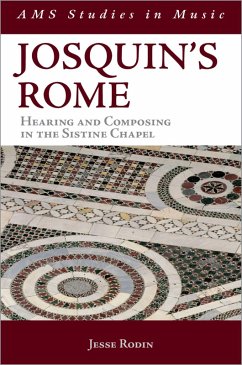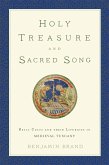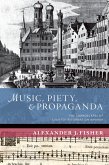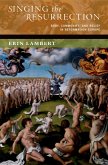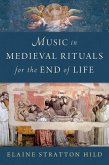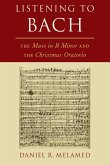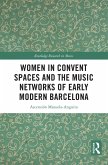In the late fifteenth century the newly built Sistine Chapel was home to a vigorous culture of musical composition and performance. Josquin des Prez stood at its center, singing and composing for the pope's private choir.
Josquin's Rome offers a new reading of the composer's work in light of the repertory he and his fellow papal singers performed from the chapel's singers' box. Comprising the single largest surviving corpus of late fifteenth-century sacred music, these pieces served as a backdrop for elaborately choreographed liturgical ceremonies--a sonic analogue to the frescoes by Botticelli, Perugino, and their contemporaries that adorn the chapel's walls. Jesse Rodin uses a comparative approach to uncover this aesthetically and intellectually rich musical tradition. He confronts longstanding problems concerning the authenticity and chronology of Josquin's music while offering nuanced readings of scandalously understudied works by the composer's contemporaries. The book further contextualizes Josquin by locating intersections between his music and the wider soundscape of the Cappella Sistina. Central to Rodin's argument is the idea that these pieces lived in performance. The author puts his interpretations into practice through a series of exquisite recordings by his ensemble, Cut Circle (available both on the companion website and as a CD from Musique en Wallonie).
Josquin's Rome is an essential resource for musicologists, scholars of the Italian Renaissance, and enthusiasts of early music.
Dieser Download kann aus rechtlichen Gründen nur mit Rechnungsadresse in A, B, BG, CY, CZ, D, DK, EW, E, FIN, F, GR, HR, H, IRL, I, LT, L, LR, M, NL, PL, P, R, S, SLO, SK ausgeliefert werden.

